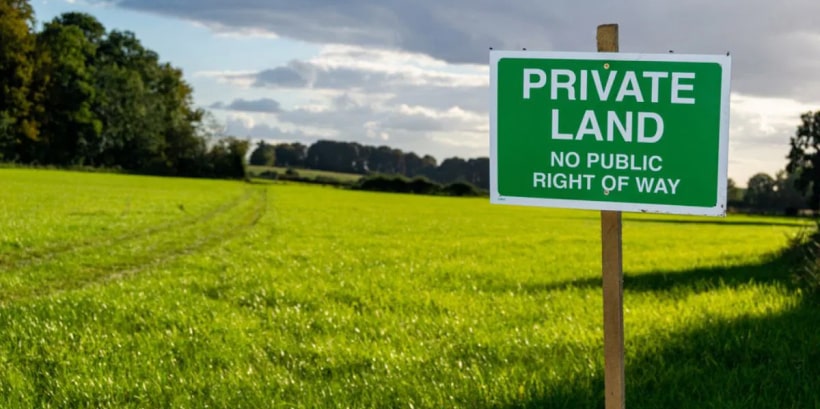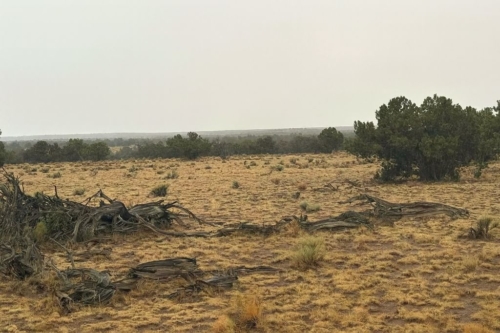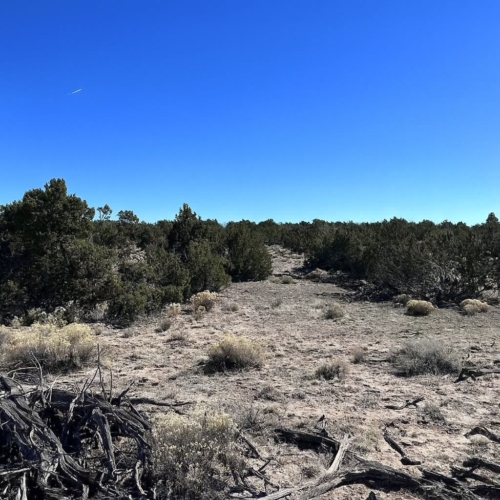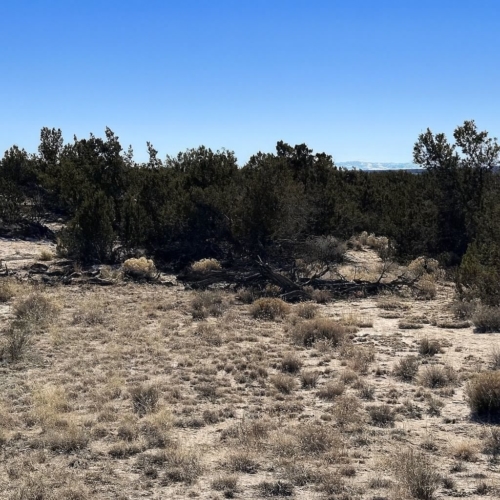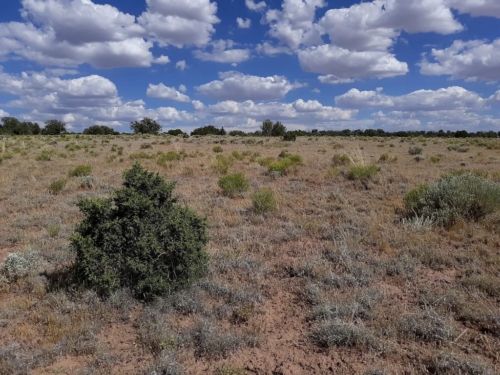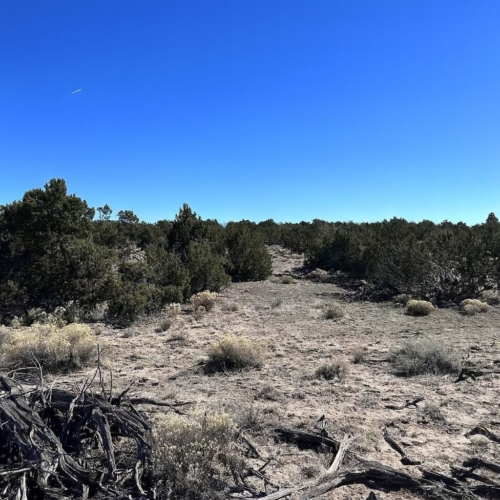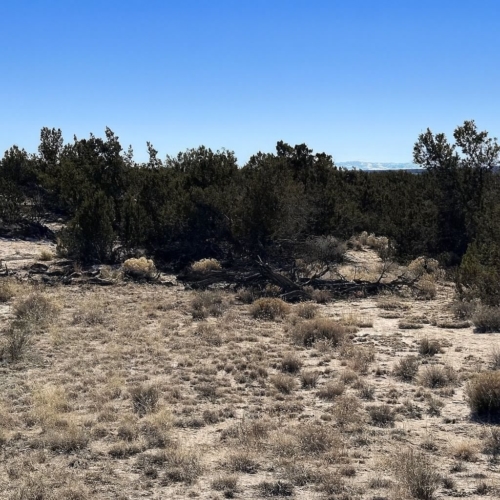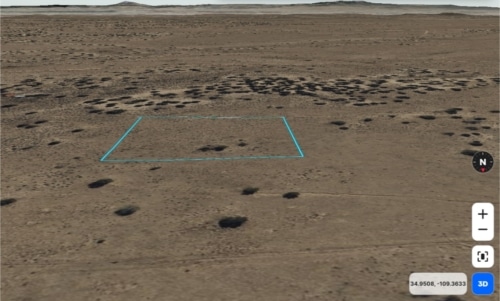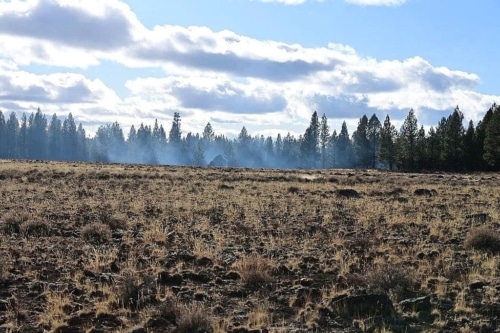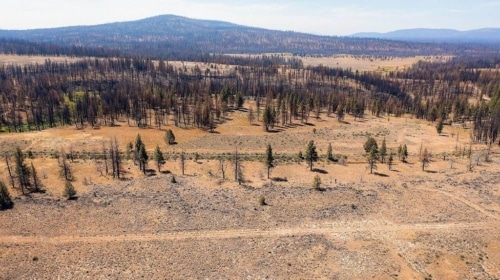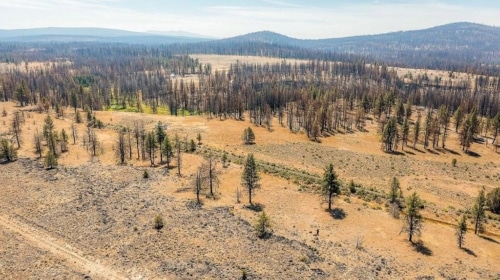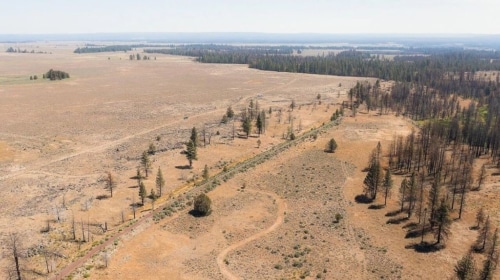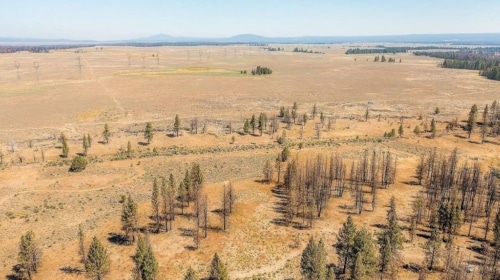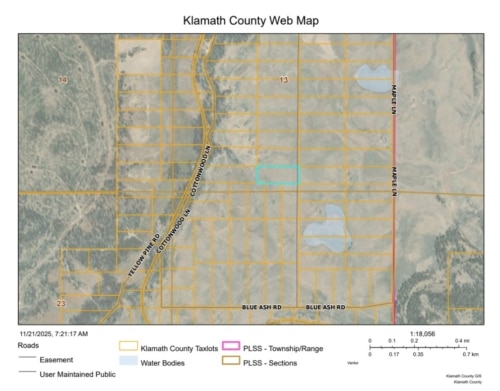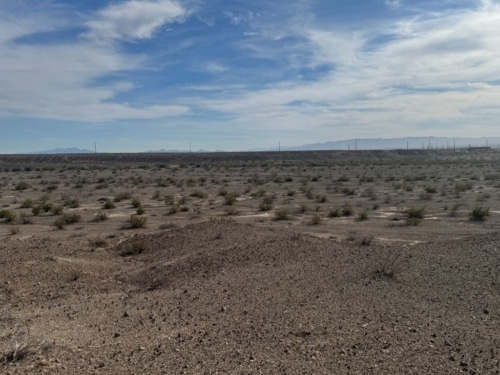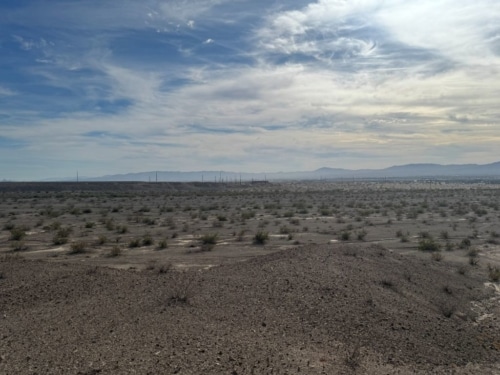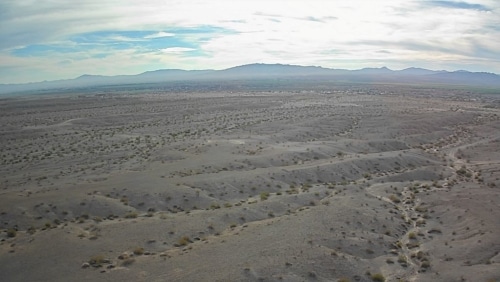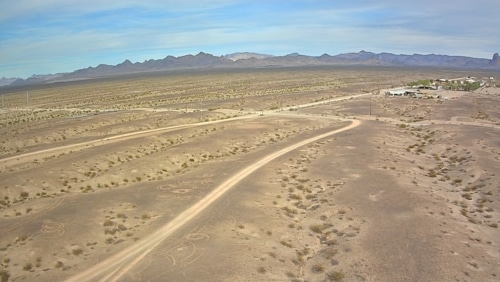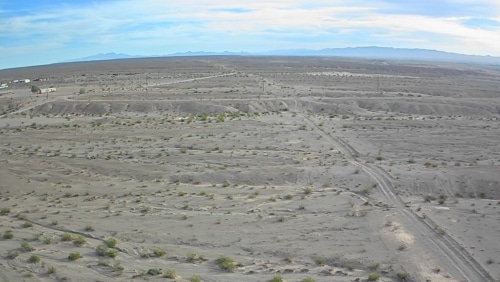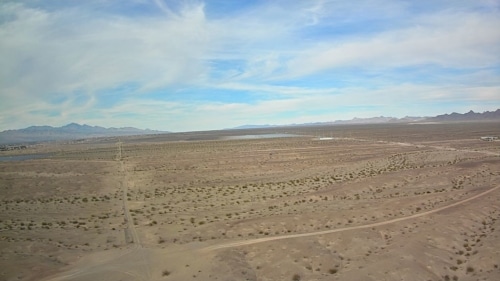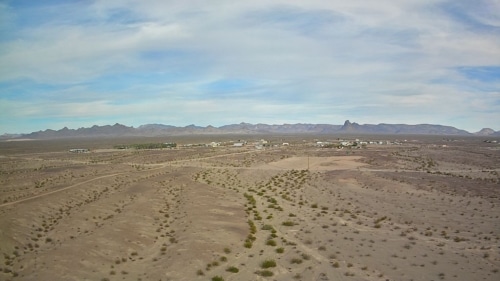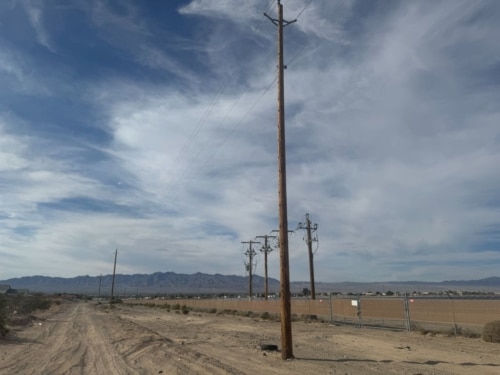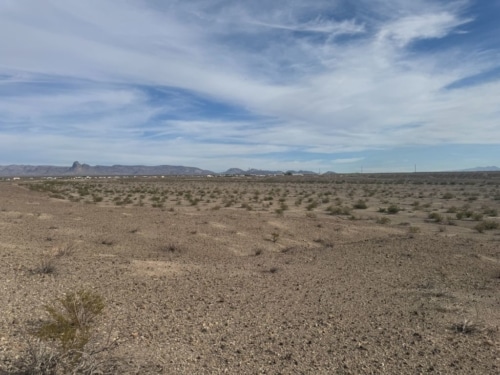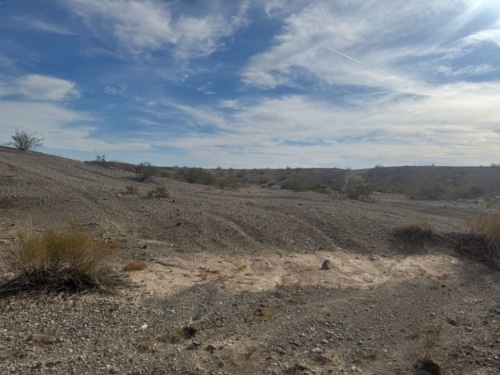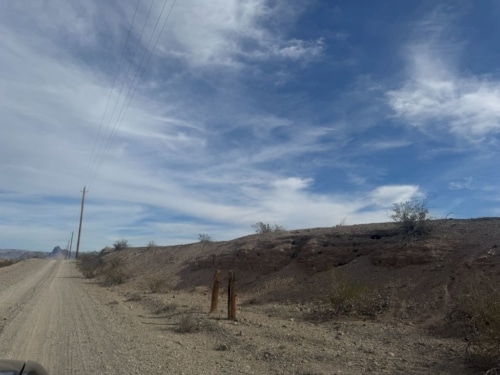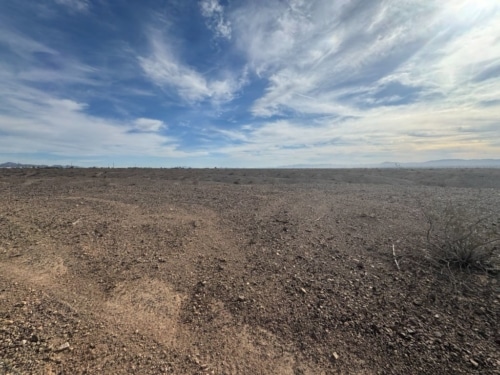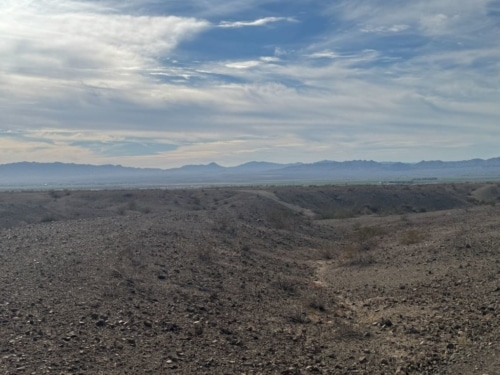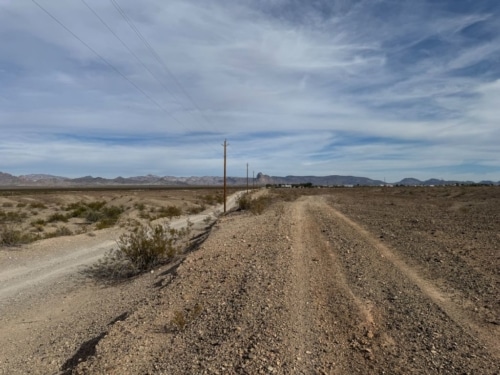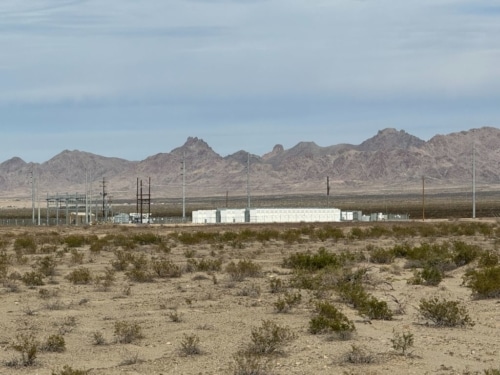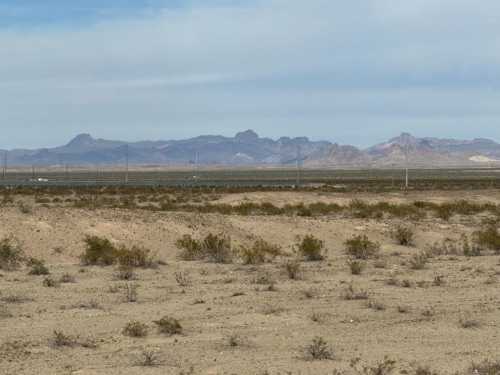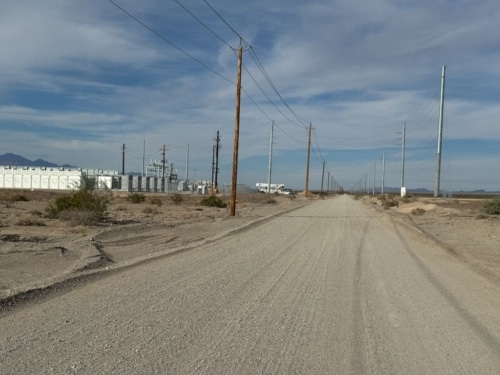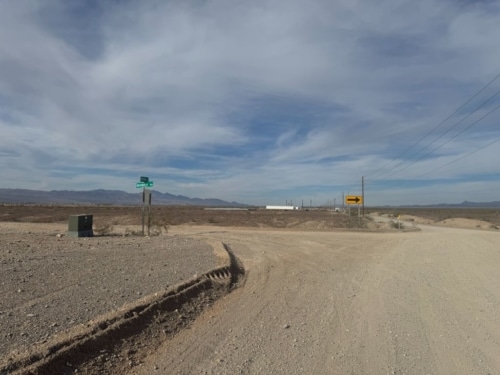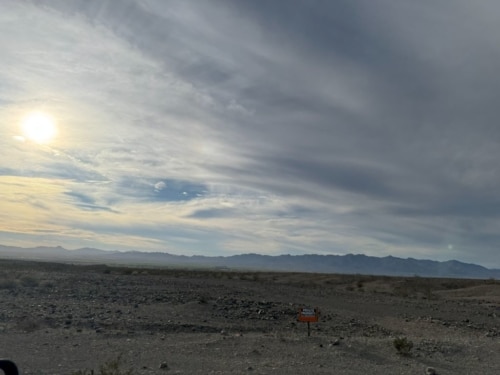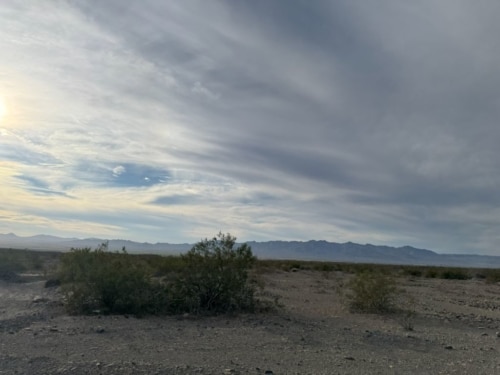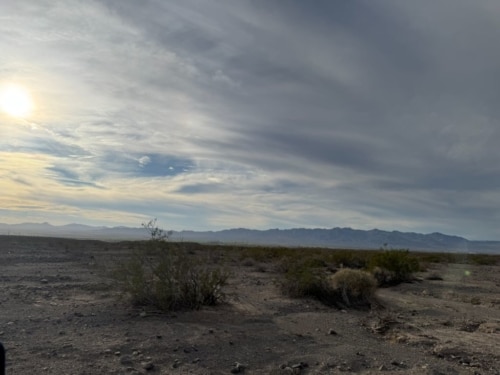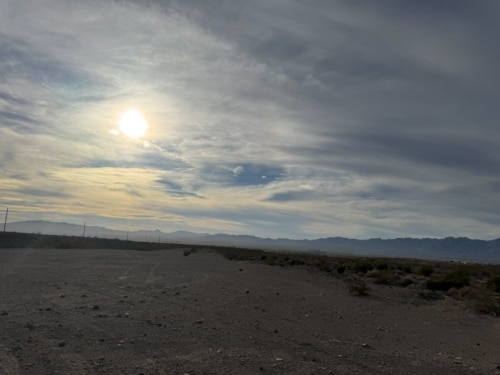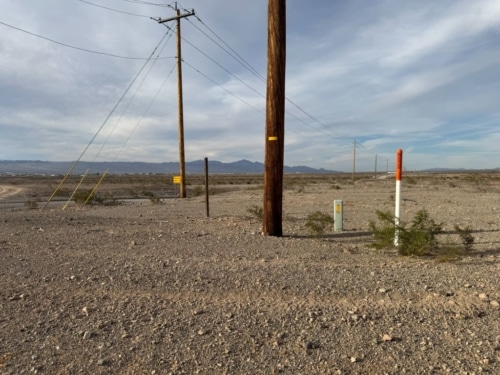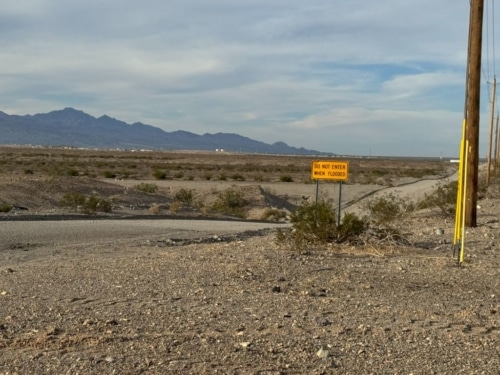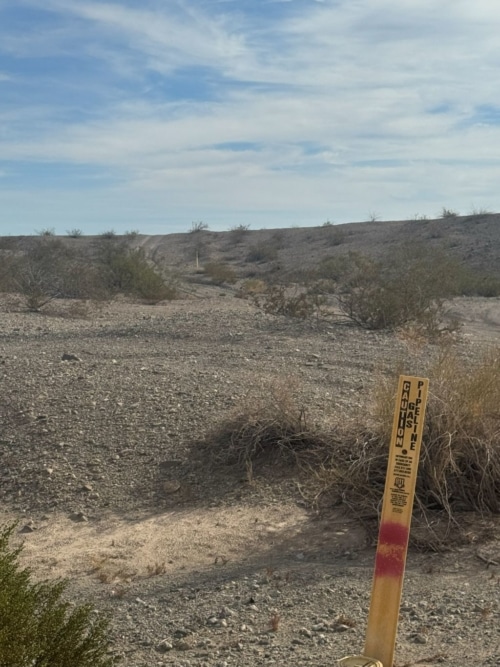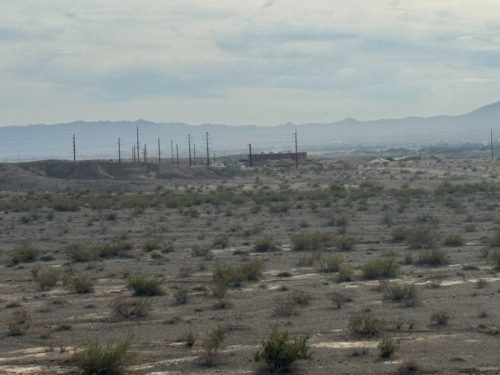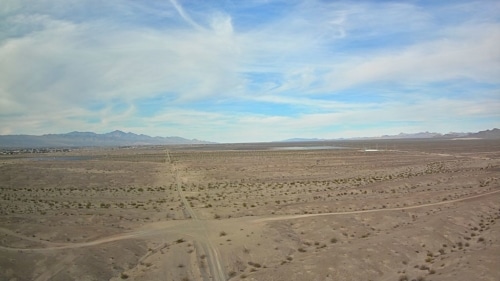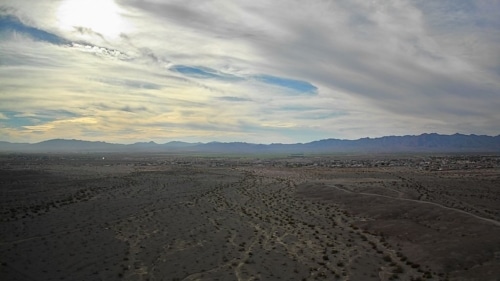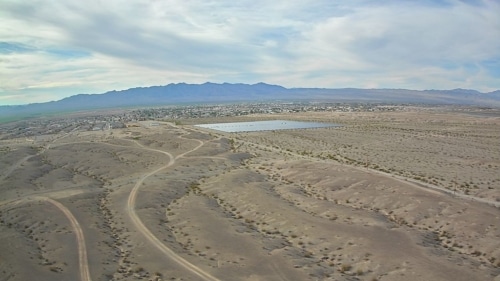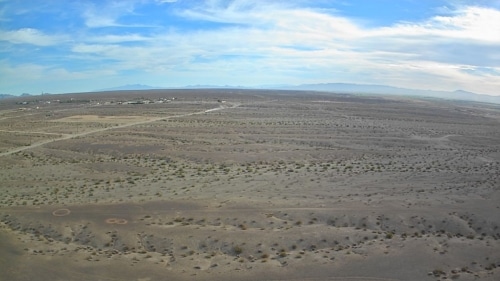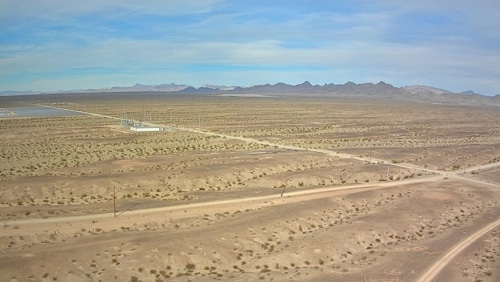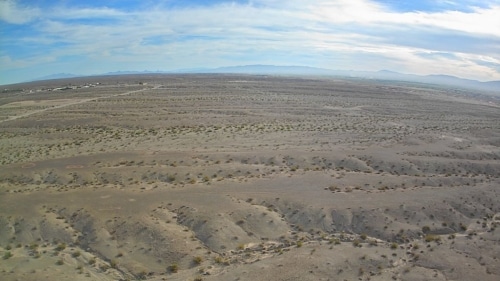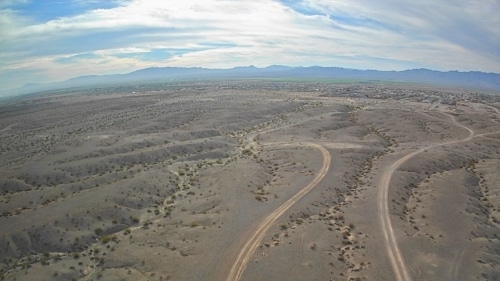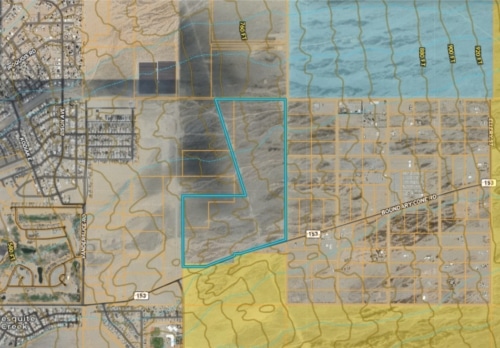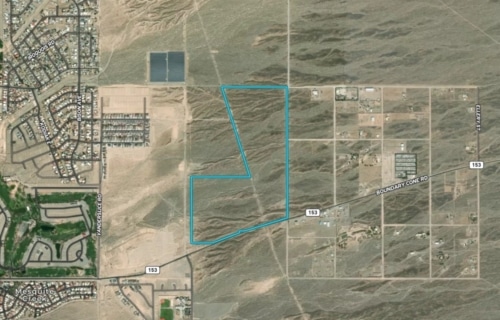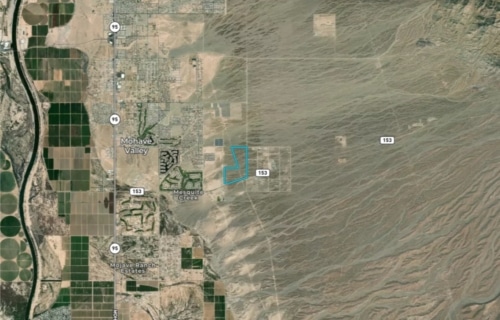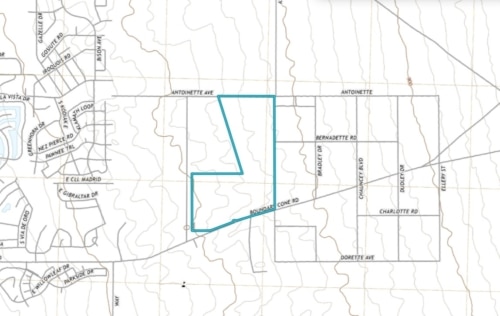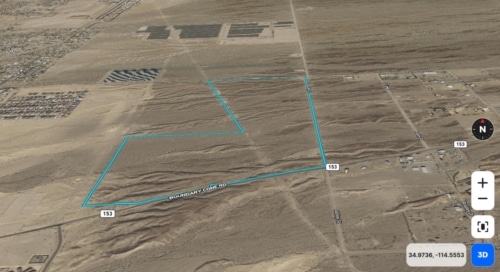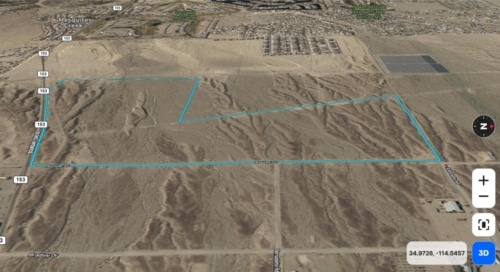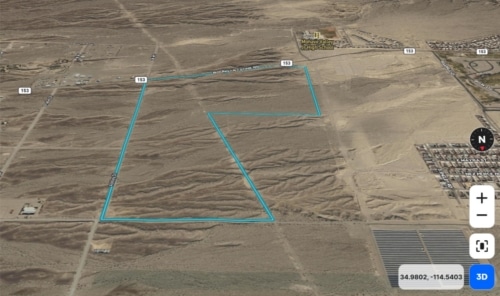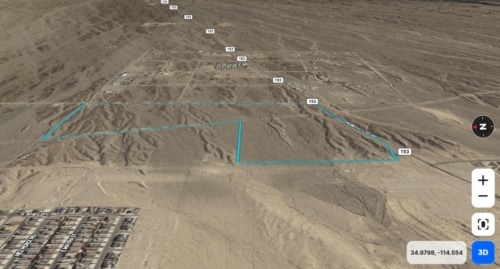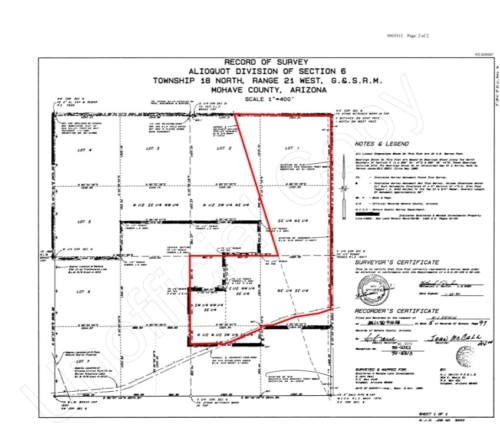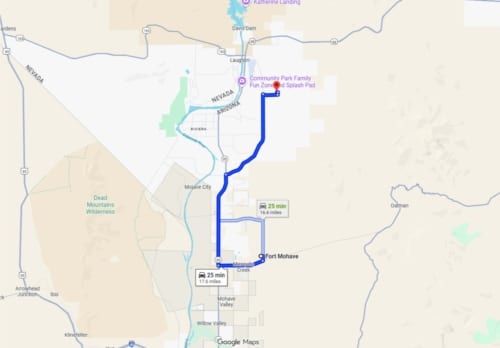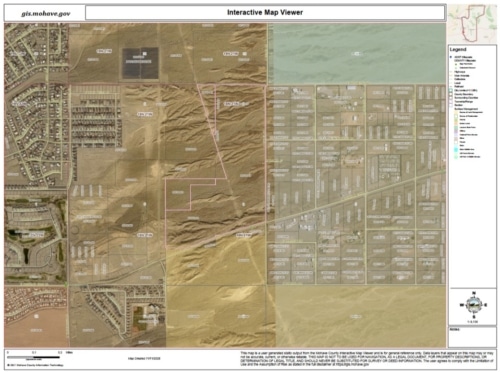Right of Ways refers to certain legal rights or permits that one must obtain to pass through or use someone else's property for a specific purpose. This is essential for property owners and buyers as it impacts property usage, land value, development plans, and legal rights in the long run.
Therefore, before purchasing or investing in land, it is important to know whether it comes with Right of Way or other easements.
For a detailed overview of what is Right of Ways in real estate, read this blog till the end.
Table of Contents
What is Right of Way in Real Estate?
Take a look at a detailed guide on right-of-way definition to get started with a property owner guide.
A right of way is a legal right that allows a person or entity to pass through property owned by another it serves as a fundamental path for utilities, open and private transportation, and get to landlocked properties.
This permit is crucial for several utility companies or neighborhood landowners to keep up with access or service.
This article explores the essential principles of rights of way within the United States, highlighting their sorts, lawful suggestions, and how they influence property owners and public.
Types of Right of Way in Real Estate
Rights of way can come in various forms, each serving specific purposes. Now that you have a brief idea of what is Right of Way in real estate, take a look at its types.
Public Rights of Way
If you permit this type of right-of-way access for your land investment, you are allowing your property for public access up to a certain limit. These typically involve permits for roads, paths, or lanes that allow the public unrestricted access across land as per Right of Way meaning. This type of land for sale is maintained by local, state, or federal authorities. Furthermore, it includes highways, streets, and pedestrian paths.
Private Rights of Way
Often granted to individuals or corporations to cross property owned by another party. You can grant a permit for this type of Right of Way even for owner-financed lands. This type of private access permit is commonly used for driveways or access to landlocked parcels that have no public street access.
Utility Rights of Way
This type of Right of Way permit allows utility companies to install and maintain infrastructure such as water, gas lines, electric, and telecommunications. These setups can be installed across public or private lands. Furthermore, these are crucial for service provision and often run alongside or within public rights of way.
Legal Implications of Right of Ways Explained
Right of Way ensures legal easements and permits access through public or private properties. Holders of this right can access the particular road or land. With a transparent contract binding this right, land owners and users will have a clear idea of the dos and don'ts.
The establishment of a right of way creates a legal relationship between the landowner and the users of the right of way. Furthermore, any dispute over what is Right of Way and its legal implication can involve legal action. This can affect existing rights of property owners and individuals with access rights.
Here are some key legal considerations regarding land investments with Right of Way.
Easements
This is one of the important things you must remember while delving into what is Rights of Way. Most Rights of Way are established through easements recorded on the property's deed. An easement grants non-ownership access rights to a portion of the property and binds current and future property owners. As legal consideration, these can be permanent or temporary as per land owners' investment goals with the land.
Creation
This is another important factor you must know while studying the legal implications of what is Right of Way.
Rights of way can be created by agreement between parties, by necessity (e.g., for landlocked properties), by condemnation (through eminent domain), or by prescription (through long-term, uninterrupted use under certain conditions).
Maintenance and Liability
Typically, the responsibility for maintaining a right of way lies with the user, not the property owner. However, these specifics can vary based on the agreement or local laws. Liability for incidents within rights of way can also depend on maintenance duties and the nature of the right of way.
Impact on Property Owners and the Public
Rights of way can significantly impact how property is used and valued. Thus it is an important criterion to note while researching land for sale.
Access and Use:
Property owners might face restrictions on how they can use the land subject to a Right of Way. For example, building structures on a property with a Right of Way permit is generally prohibited.
Property Value:
While a public Right of Way such as a street may increase a property's value by improving access, a utility easement might reduce it by imposing limitations on property use.
Legal Disputes:
Disagreements over the Rights of Way, especially private ones, can lead to legal disputes regarding access rights and maintenance responsibilities.
Sum Up
These are the basics for you to know about Rights of way and how they can impact your real estate investment in the long run.
Rights of way are vital for maintaining the accessibility and utility of properties across the U.S. They extend from open and private ways to utility easements. Property owners and clients must get these Rights to dodge clashes and guarantee compliance with the land. You can connect with an attorney for a detailed understanding of clauses and conditions binding this right of Way between two parties.
Successful administration and mindfulness of Rights of Way are fundamental for concordant arrival utilization and advancement, benefiting both property owners and the public at large.

